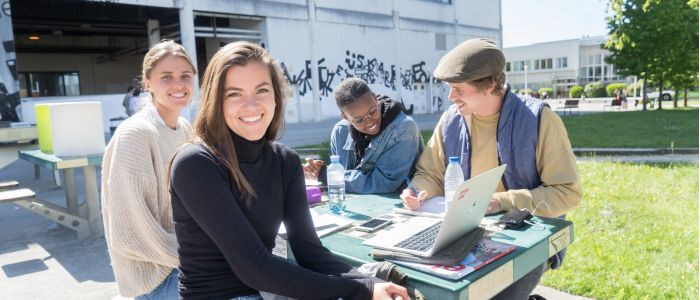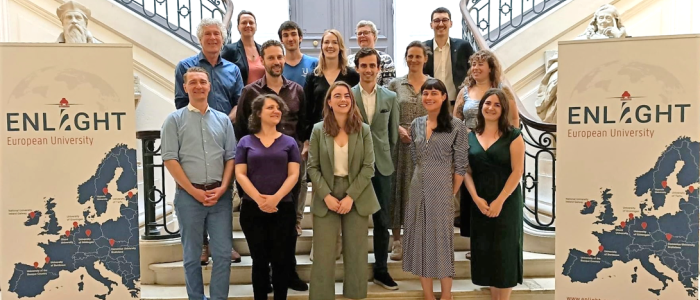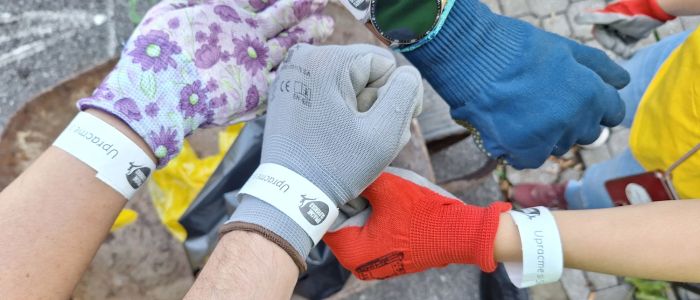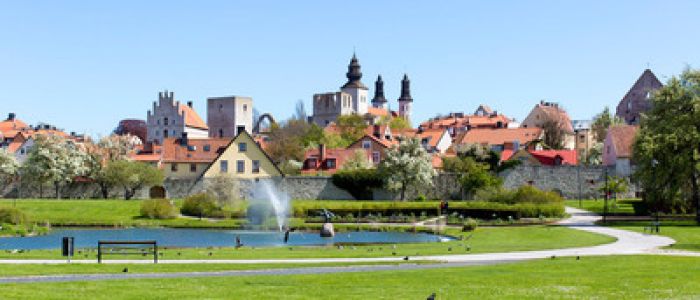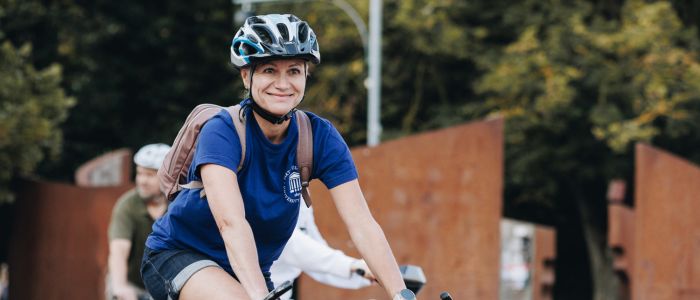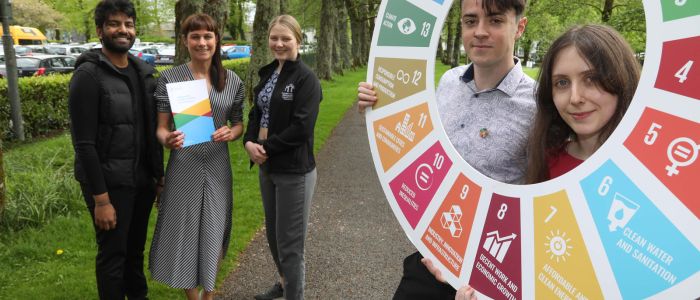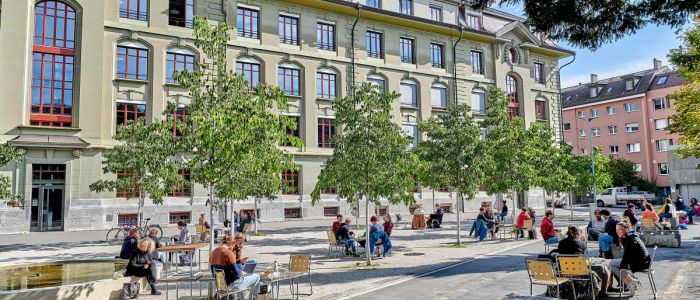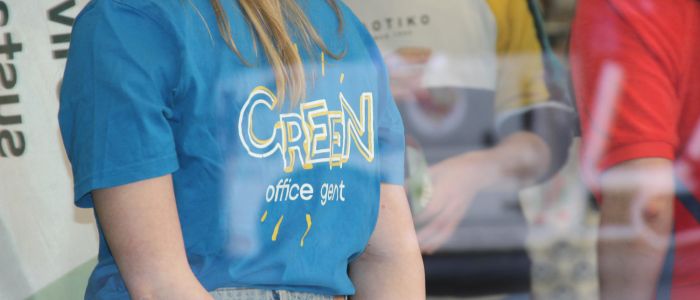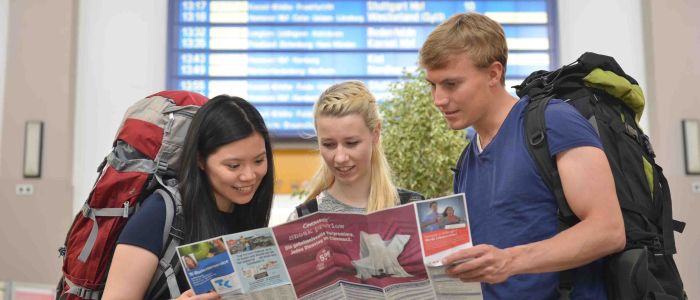
ENLIGHT Sustainability
ENLIGHT Sustainability Platform
As higher education institutions, the ENLIGHT partners act as regional, national, and global innovators preparing society for necessary transformation through appropriate governance, research, education and transfer activities, as well as sustainable operations and facilities.
One of the major goals of the European University ENLIGHT is the continuous reduction of CO2 emissions in all areas of the partner universities, which has been emphasised by the signing of the ENLIGHT Sustainability Engagement Agreement in 2021.
To promote sustainability in ENLIGHT and to exchange sustainability best practices between the partners, the ENLIGHT Green Network was established, which is formed by the sustainability managers from the ten partner universities.
Here you will find information about sustainable travelling, sustainable event management, joint projects and best practices, awards and numerous partner information.
ENLIGHT Sustainability Chapters

